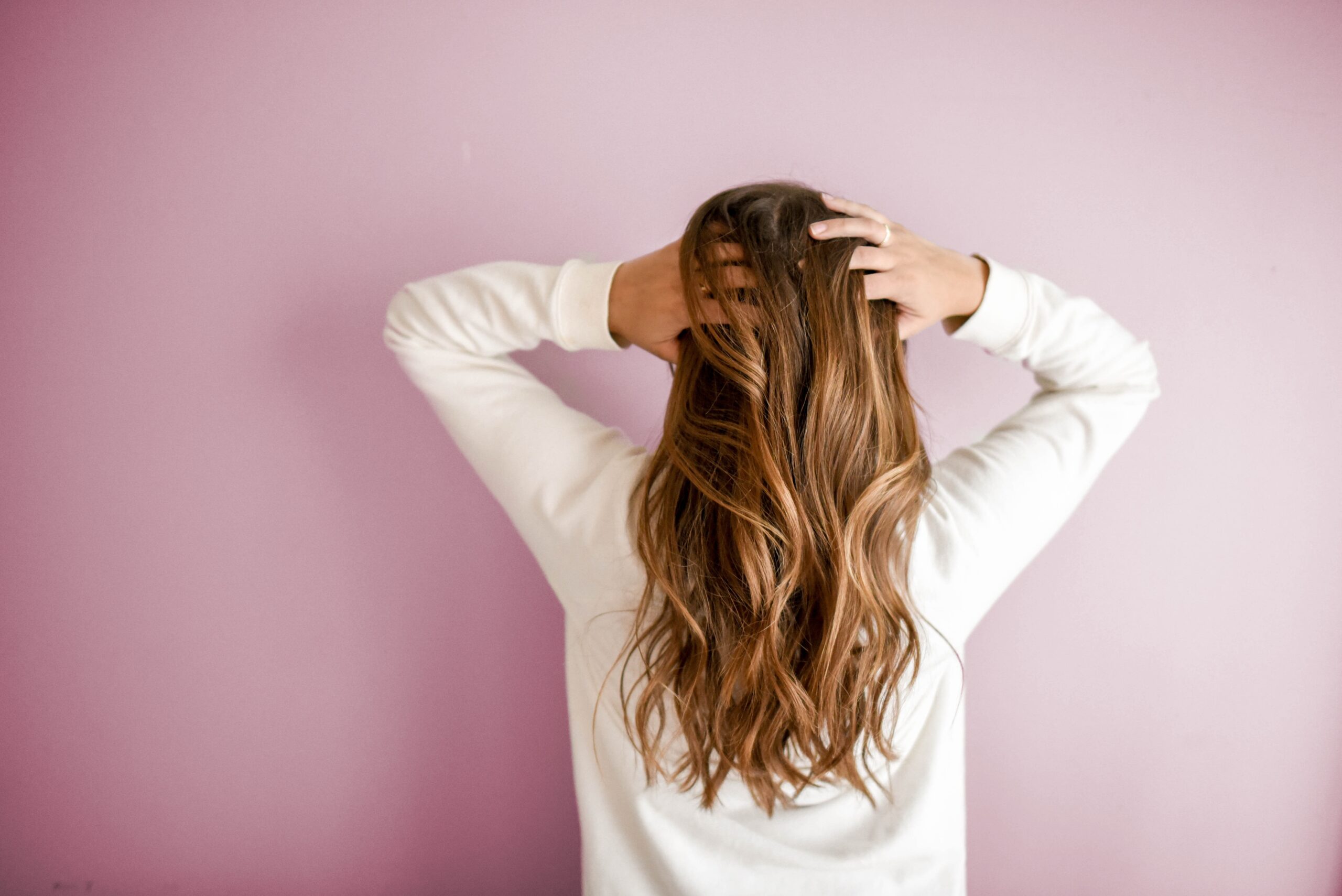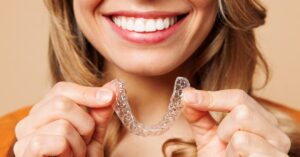
We have all heard that after childbirth it is normal to experience hair loss. It can be caused by long hours of sleep deprivation, hormonal changes, or generalized stress. Hair loss can cause people to feel self-conscious, and they usually don’t know how to treat it. There are many ways to help your hair heal and regrow, so let’s explore some tips to do so.
1. Treat Your Hair With Care
Be gentle in your hair treatment, but be firm and consistent in your style. Shampooing the hair at least twice weekly with a gentle cleanser can help keep it clean and hydrated. If you have the opportunity while showering, try using cold water on the hair to help reduce shedding. Also, avoid blow drying and exposing any ends of the hair to extreme heat. Be sure not to use harsh chemicals such as bleach or perm, which can cause a shortening of the amount of time that you have healthy hair.
2. Try a Different Hairstyle
Consult a stylist for expert advice on any changes in your hairstyle. If you want to save money on a new hairdo, try experimenting with new hair accessories or headbands to change how you wear your hair. Coloring your hair can also give it body and mask any thinning areas. Shorter haircuts give it a more youthful look.
3. Give Your Hair a Break
While dealing with hair loss you may be trying to style your hair to feel your best, but that isn’t always the best option. Continuously styling hair can cause it to break and become damaged, so someone who suffers from hair loss could feel this impact even more. A great preventative measure from further damage is to invest in a wig that will allow you to have whatever style you wish and help you feel your best while your hair recovers. Wigs can often become expensive, but there are ways to make sure you get a good quality product. You may be asking yourself “Does insurance cover hair loss?” – it does. If you have insurance, retailers can help you to figure out how to get reimbursed for a good amount of your initial cost of buying a product that allows your hair to heal.
4. Adopt Good Health Habits
Take the time to exercise and eat right to support your well-being. A healthy diet will help keep your body in good health, which is vital for healthy hair and skin. Don’t smoke cigarettes, as this can lead to unhealthy hair that is susceptible to breakage. Avoid excessive alcohol, caffeine, or other drugs, as these may also cause thinning hair and unwanted breakage.
5. Address Possible Underlying Issues
Women experiencing hair loss problems should consult a physician to determine the cause. Sometimes it can be an indicator of a condition that requires attention and treatment. An improper diet or underlying health issue may be the catalyst for your hair loss issues. It’s essential to have a medical professional assess your hair and make sure there aren’t any underlying health dangers.
6. Settle Into a Routine
Make permanent changes to your lifestyle to stop hair loss in the months after giving birth. Get a whole night’s sleep, think about taking on less responsibility, and be more careful about how you spend your time to reduce the stress in your life. Make it a point to get up and go to bed at the same time daily. By making these minor adjustments, you can regain control of your life one step at a time and retrain your hair to fall into healthy patterns.
7. Try Some Hair Vitamins
The best kind of vitamins to take for hair growth and strength are those from food instead of synthetic vitamins. Make sure that you are eating fruits and vegetables that have lots of vitamins and minerals in them. Try eating foods such as berries, broccoli, and walnuts. If you are unsure what foods to eat, try asking a nutritionist which ones are best to eat while trying to get your hair back.
8. Try a Hair Tonic
Hair tonic is a widely used product designed to restore hair health and stop hair breakage with regular use. It works by nourishing hair and preventing the scalp from drying out. A tonic is a great way to take care of your hair, but it doesn’t always work on everyone.
Conclusion
Trying these tips can make all the difference in how effectively you manage your hair. You’ll gain control over hair loss and prevent further shedding by managing your hair correctly. You don’t have to feel ashamed of what you’re going through as there are ways to help you feel your best while you work to boost the health of your hair.


